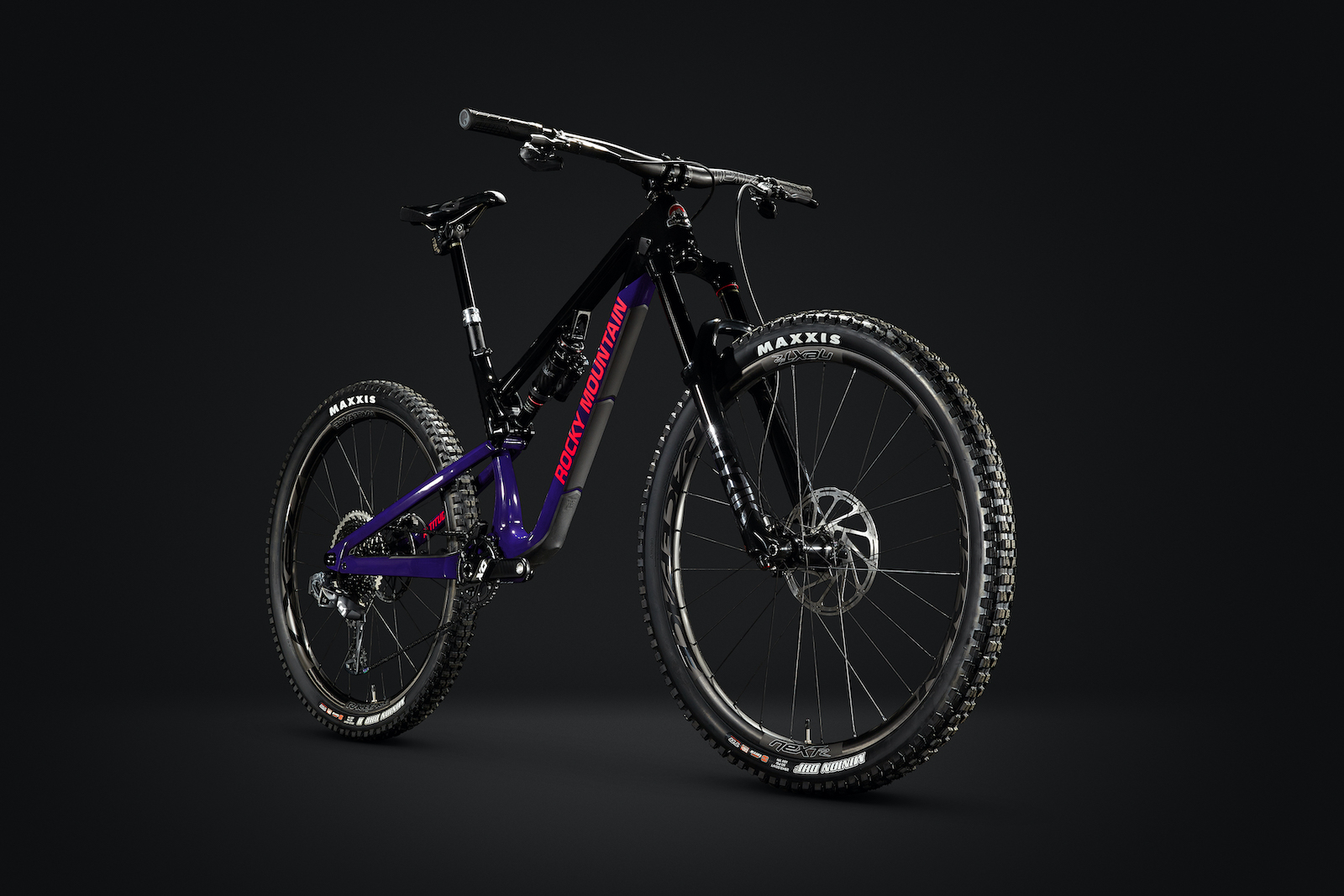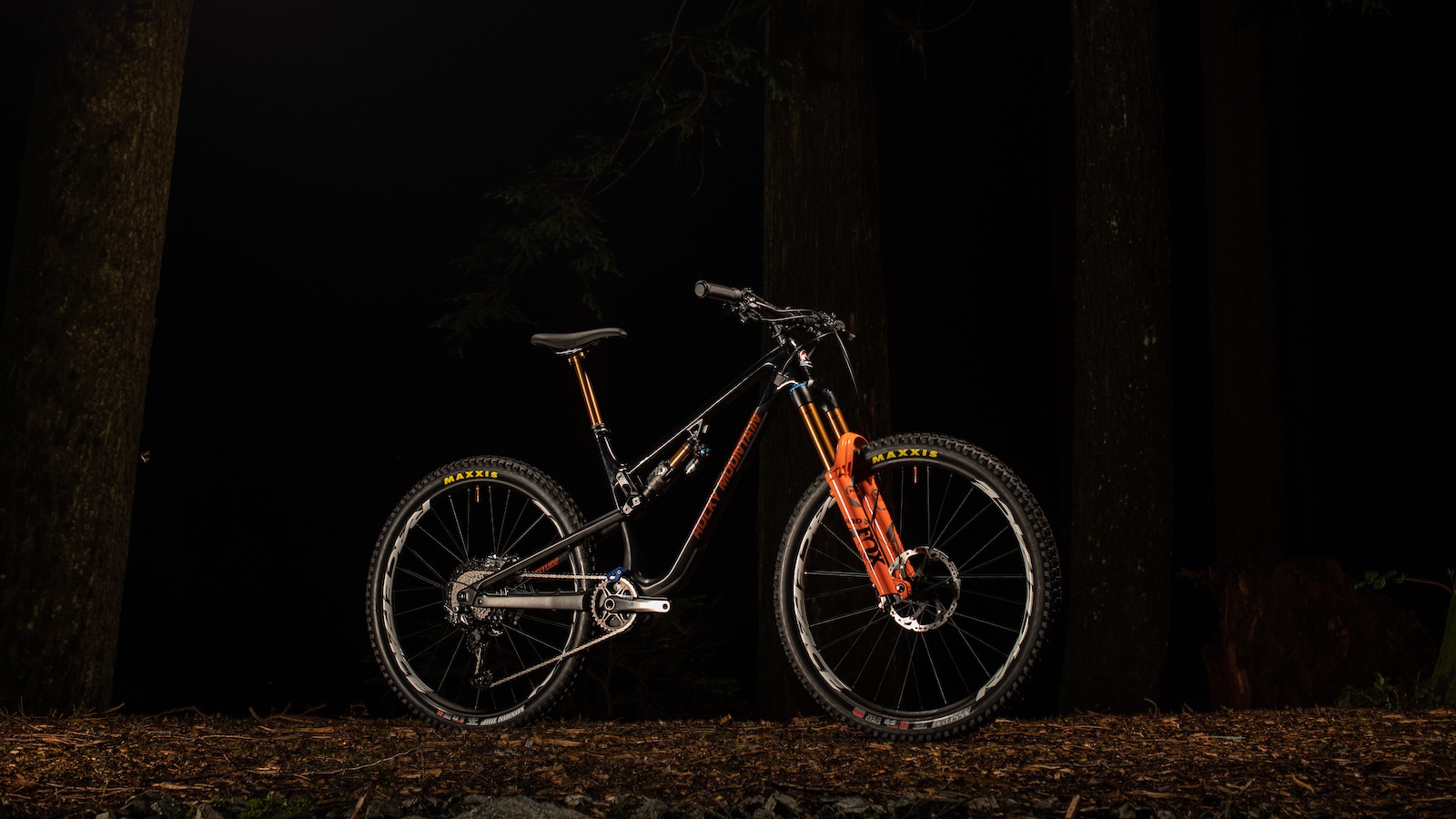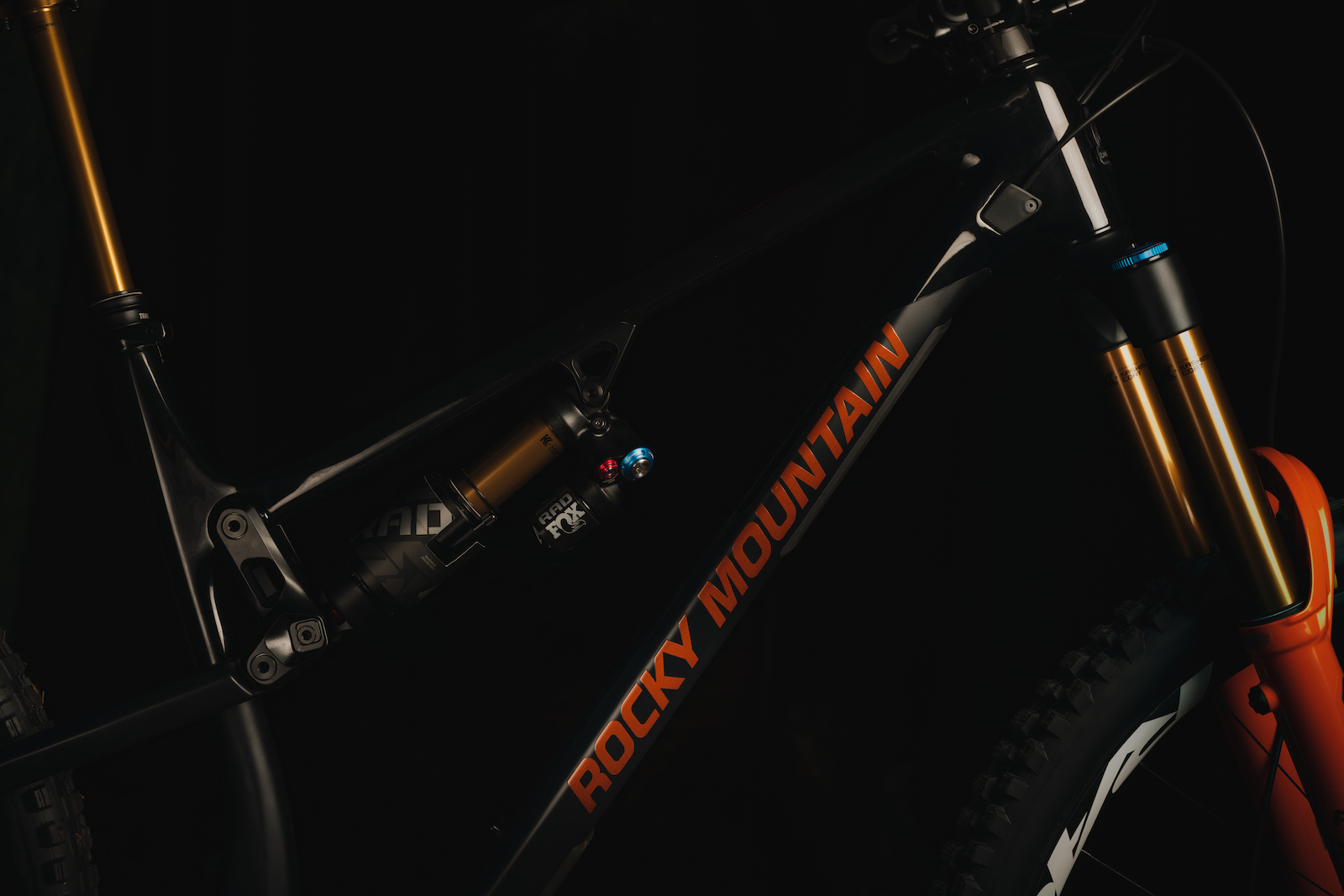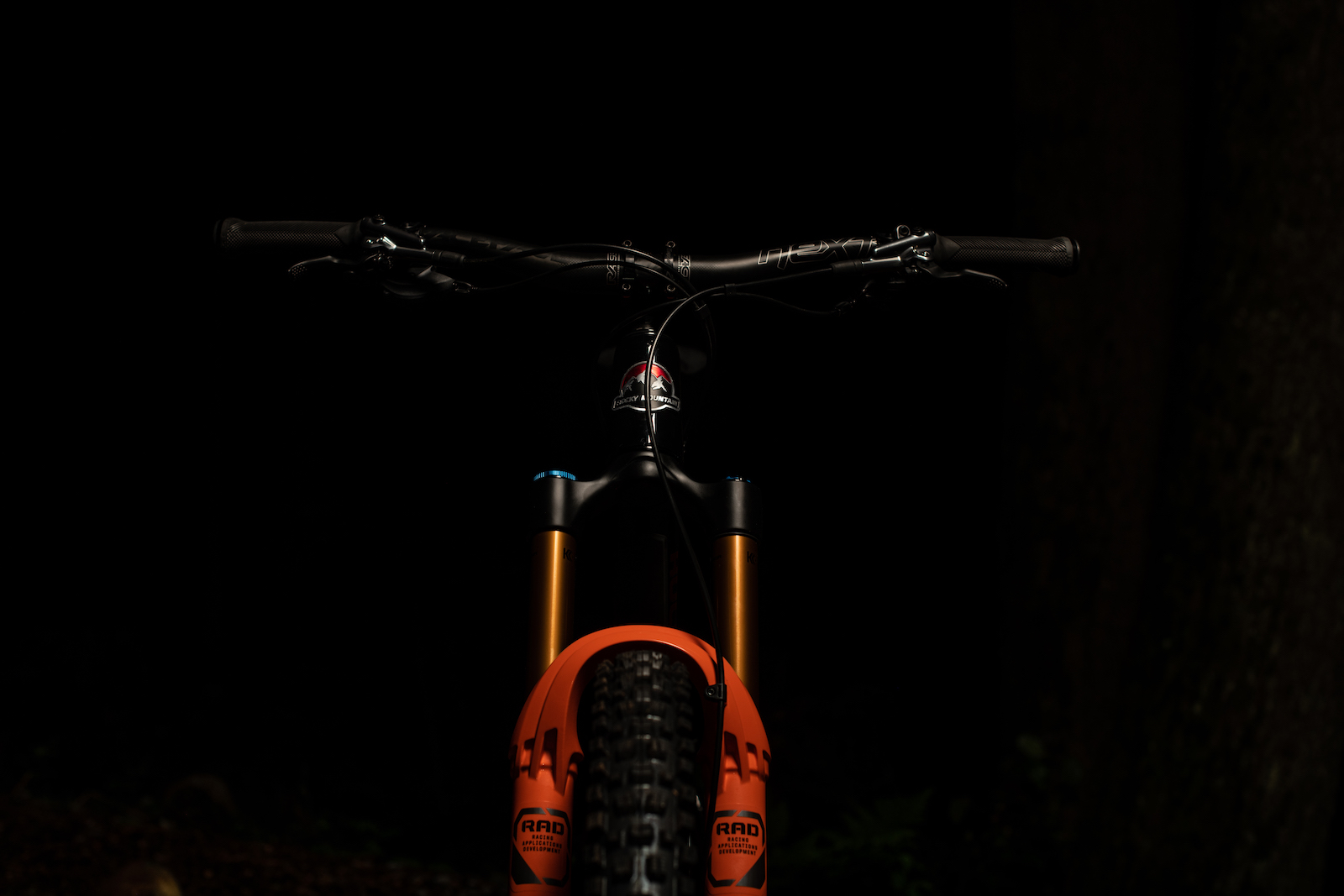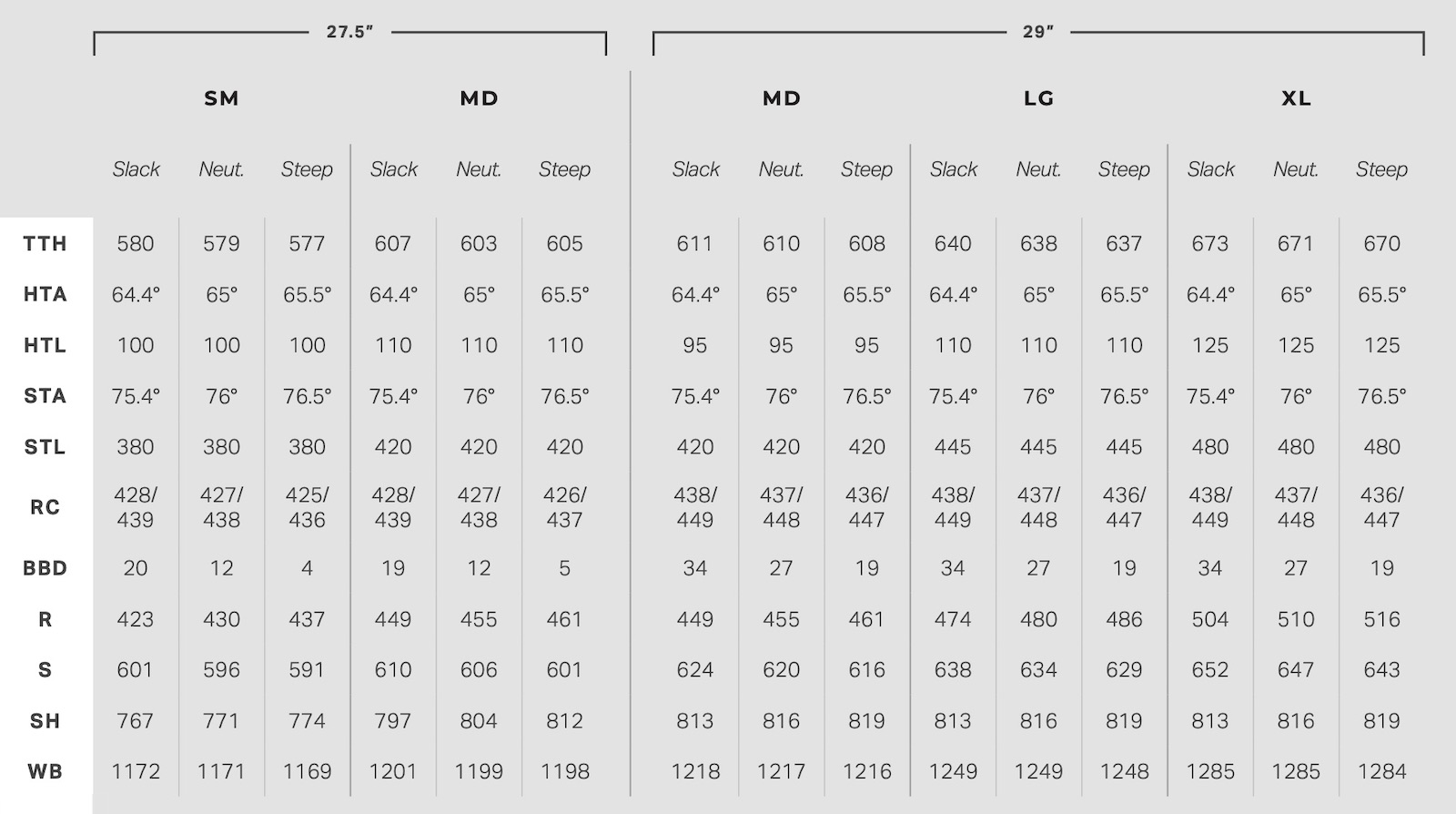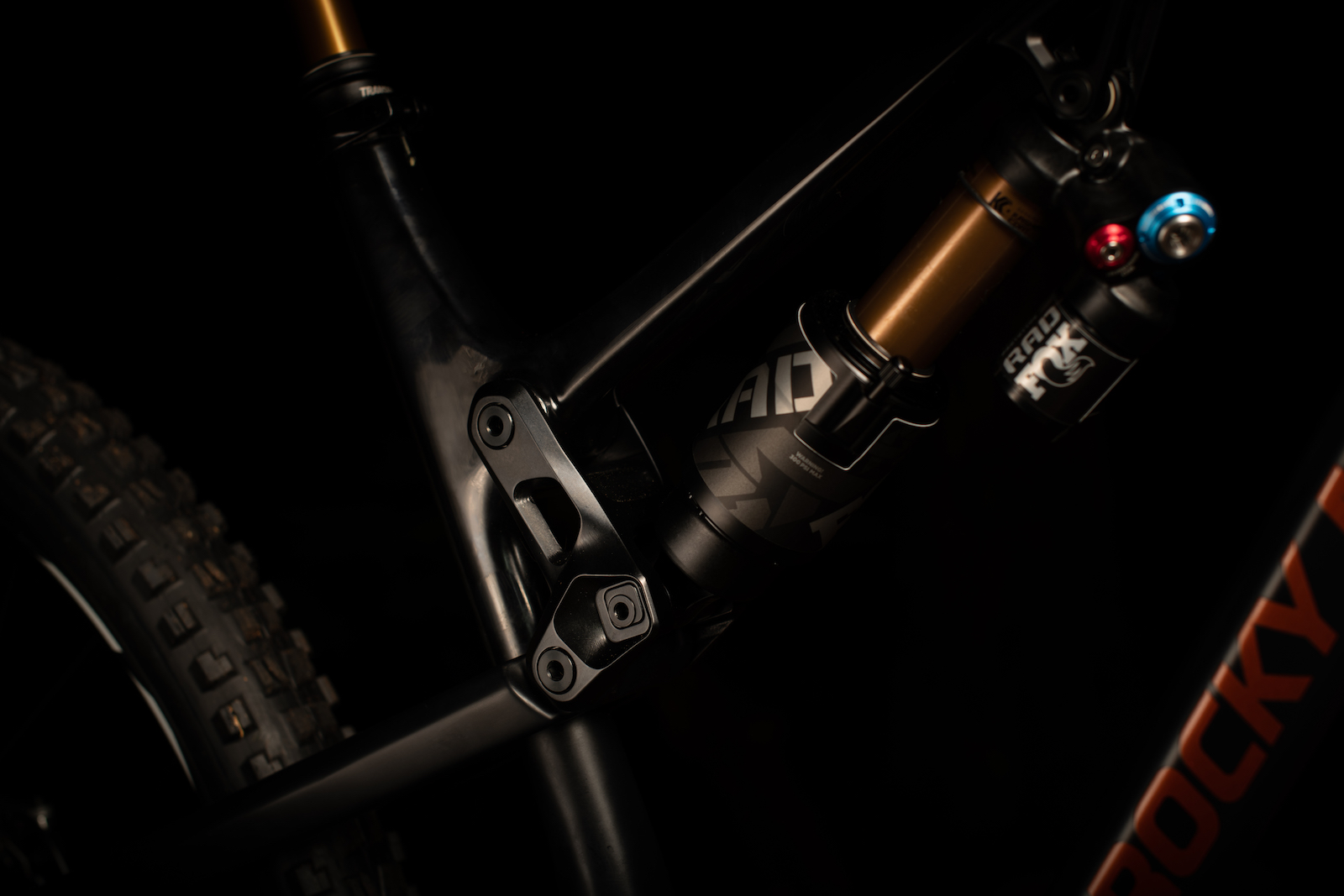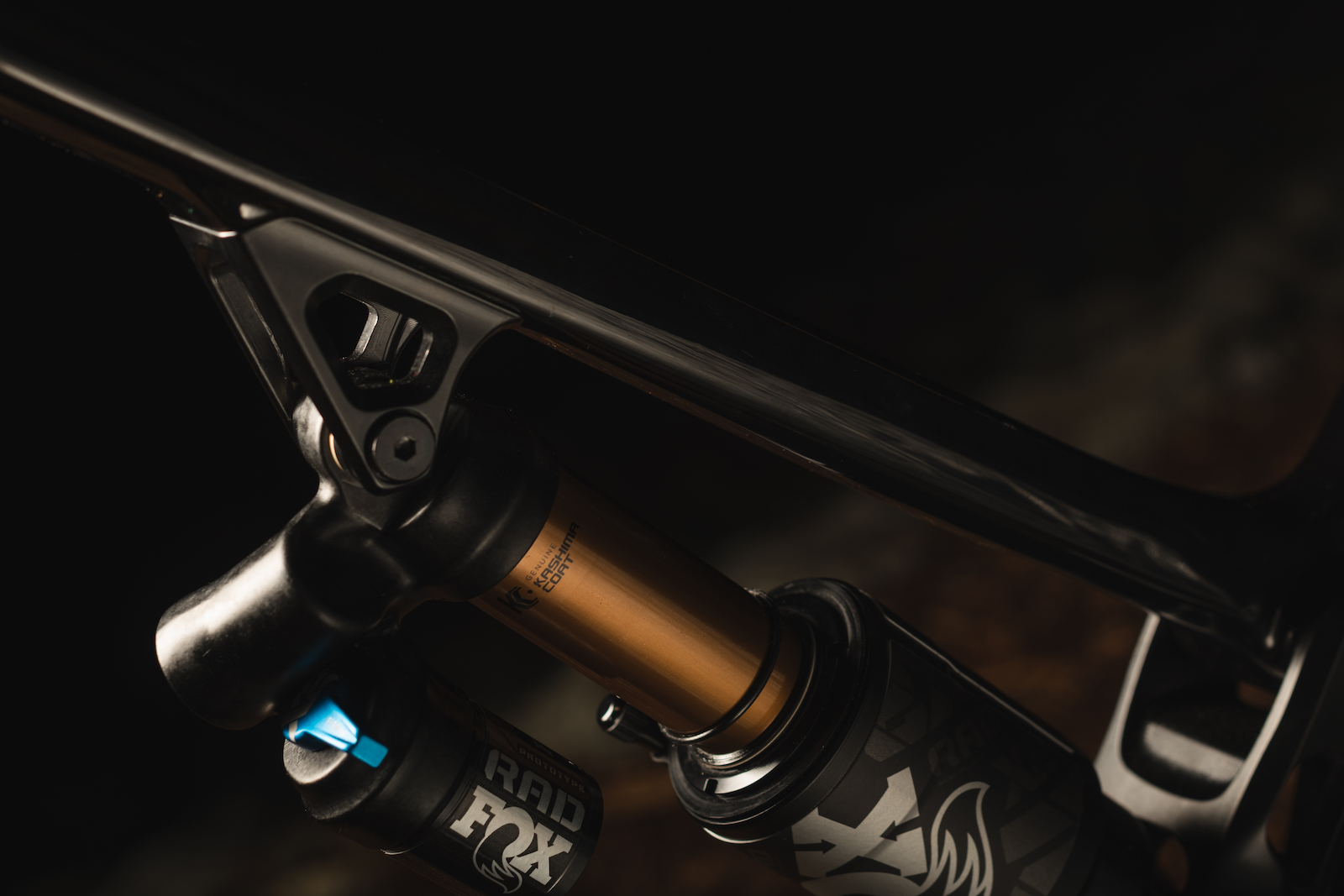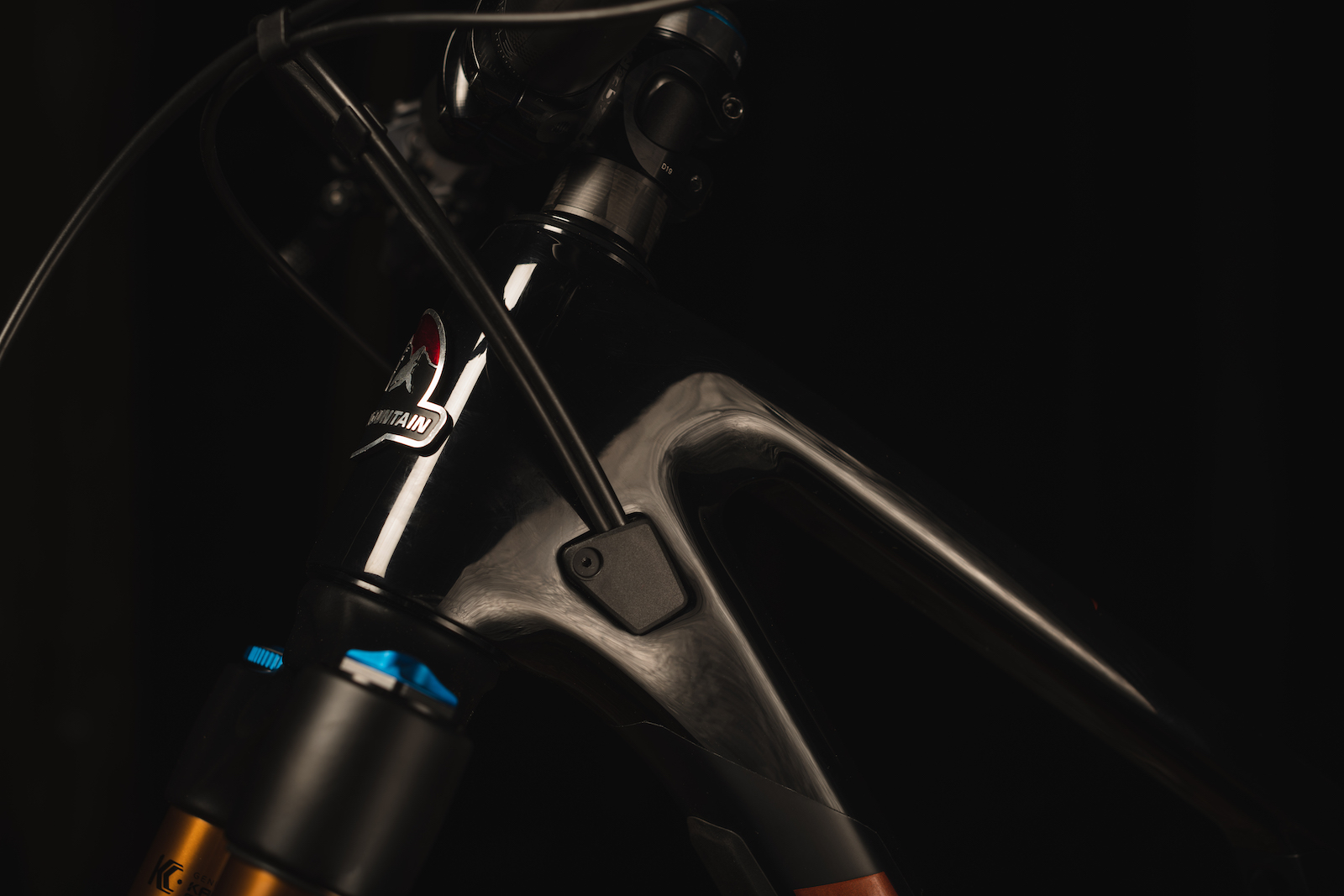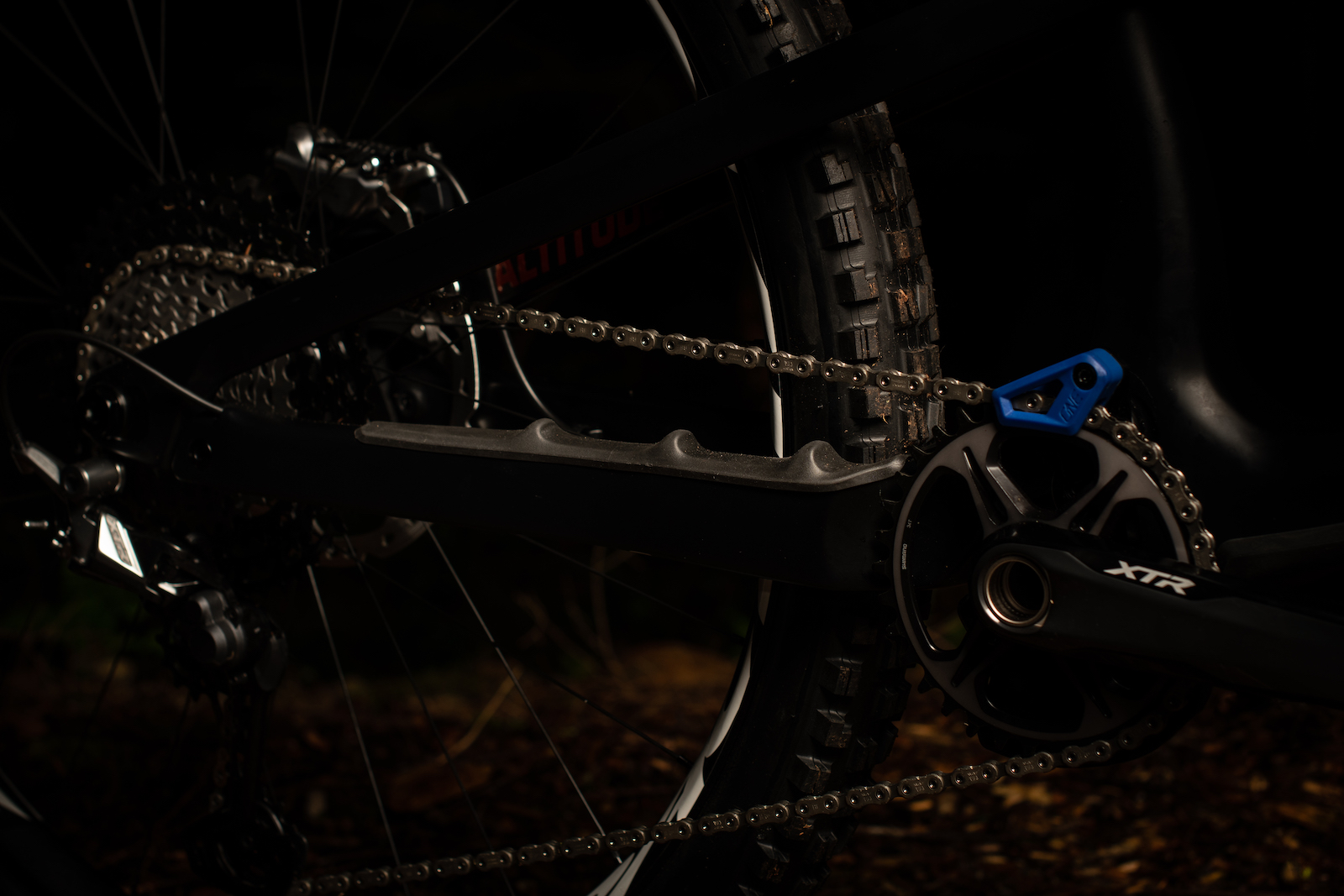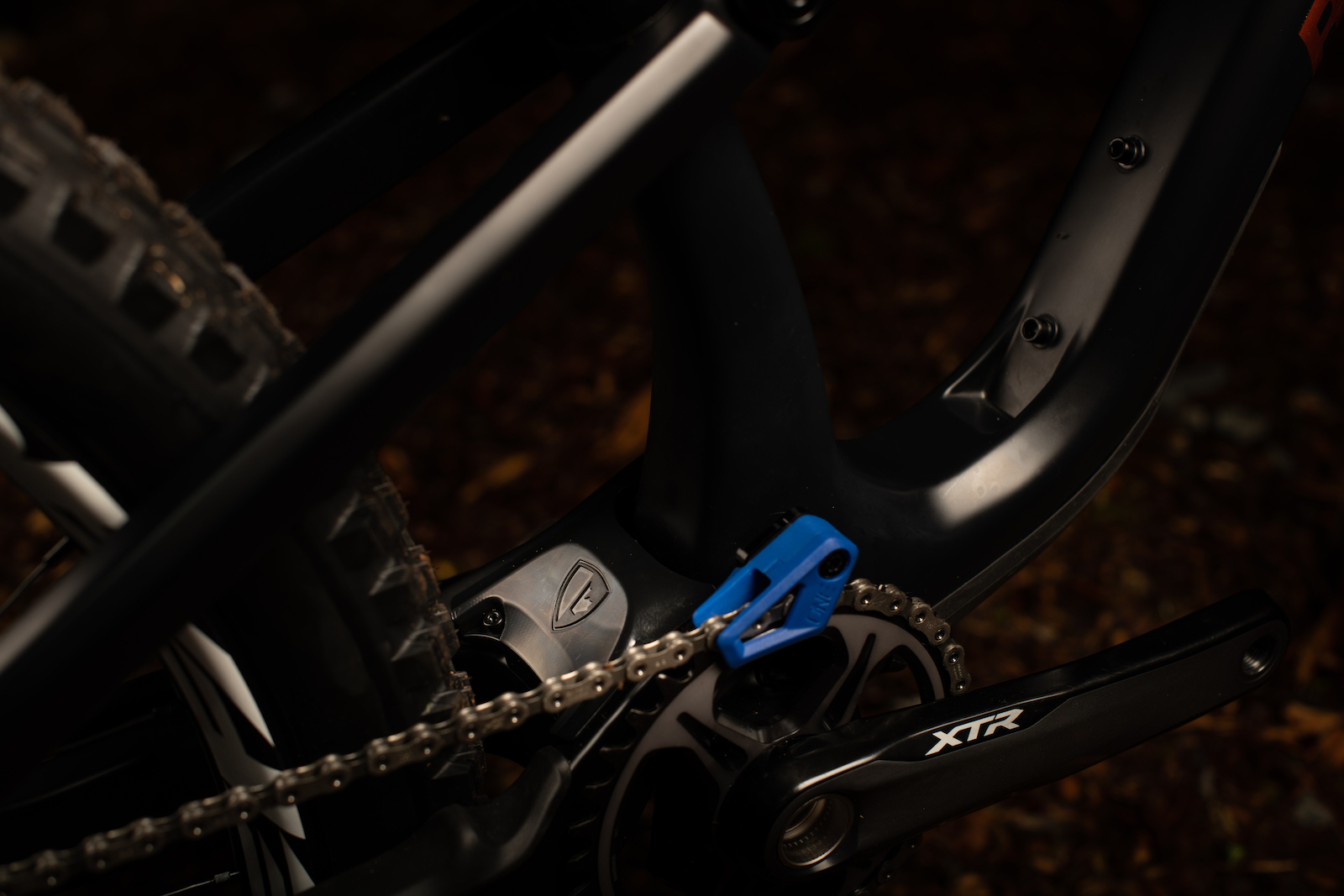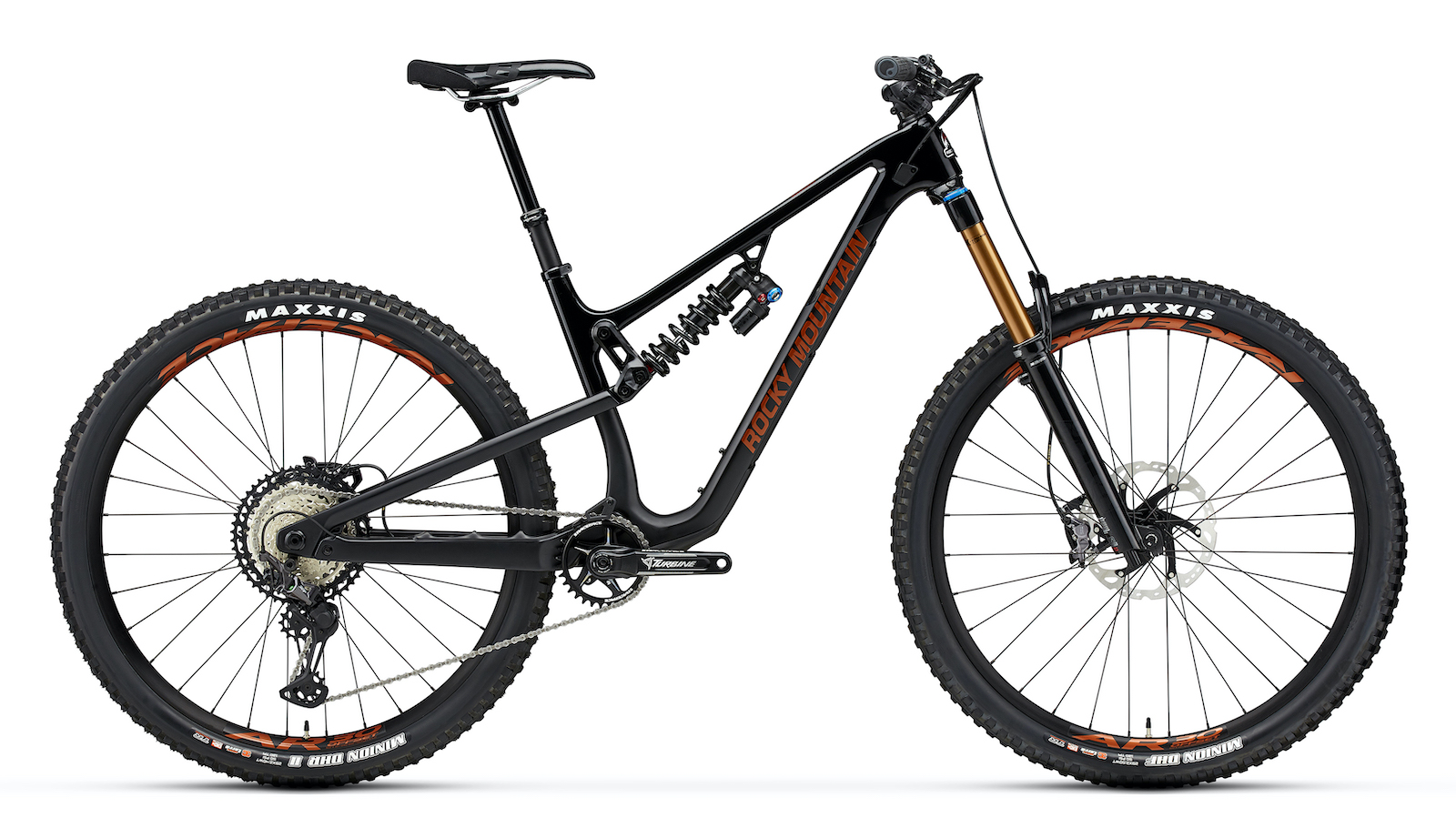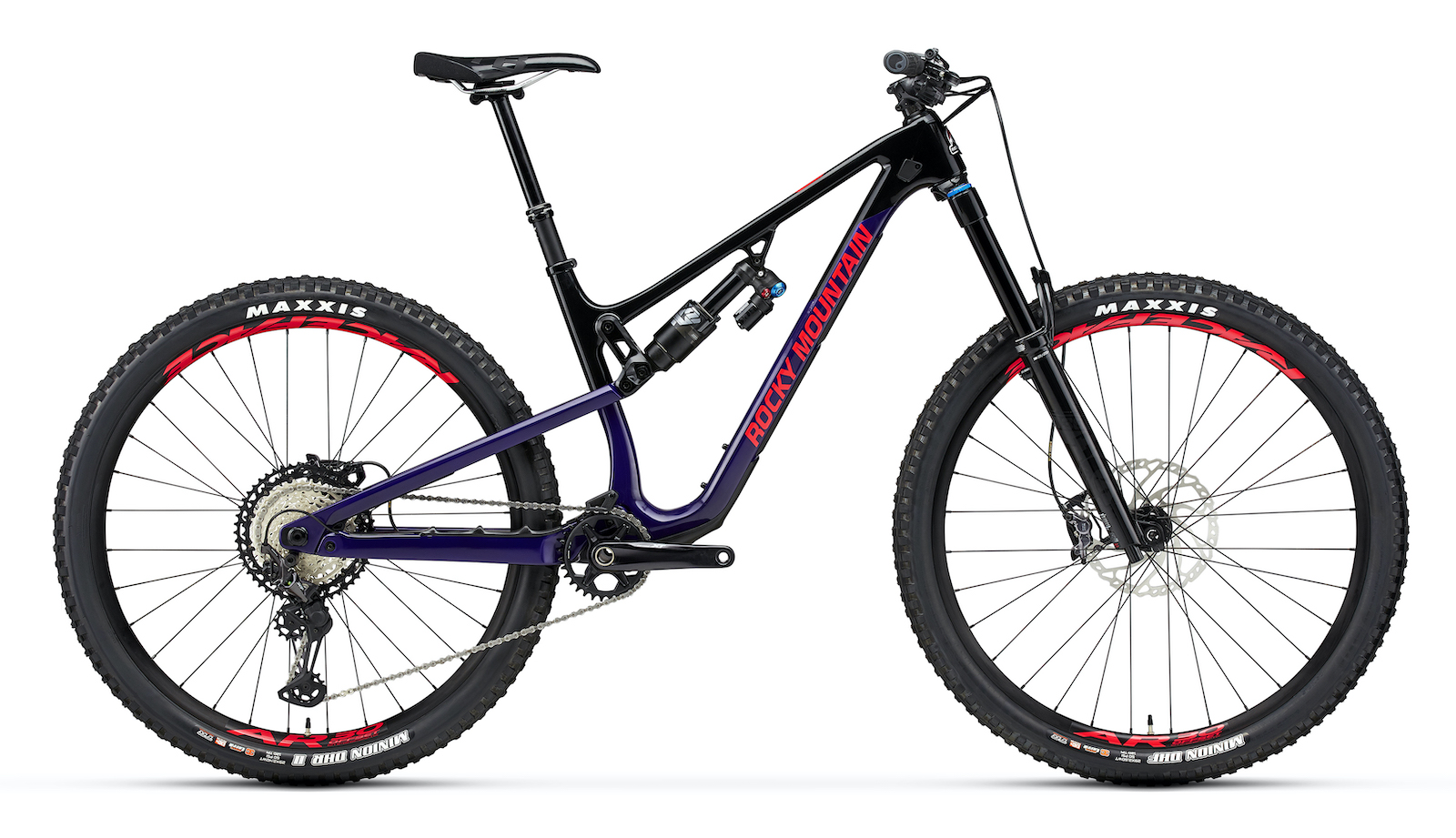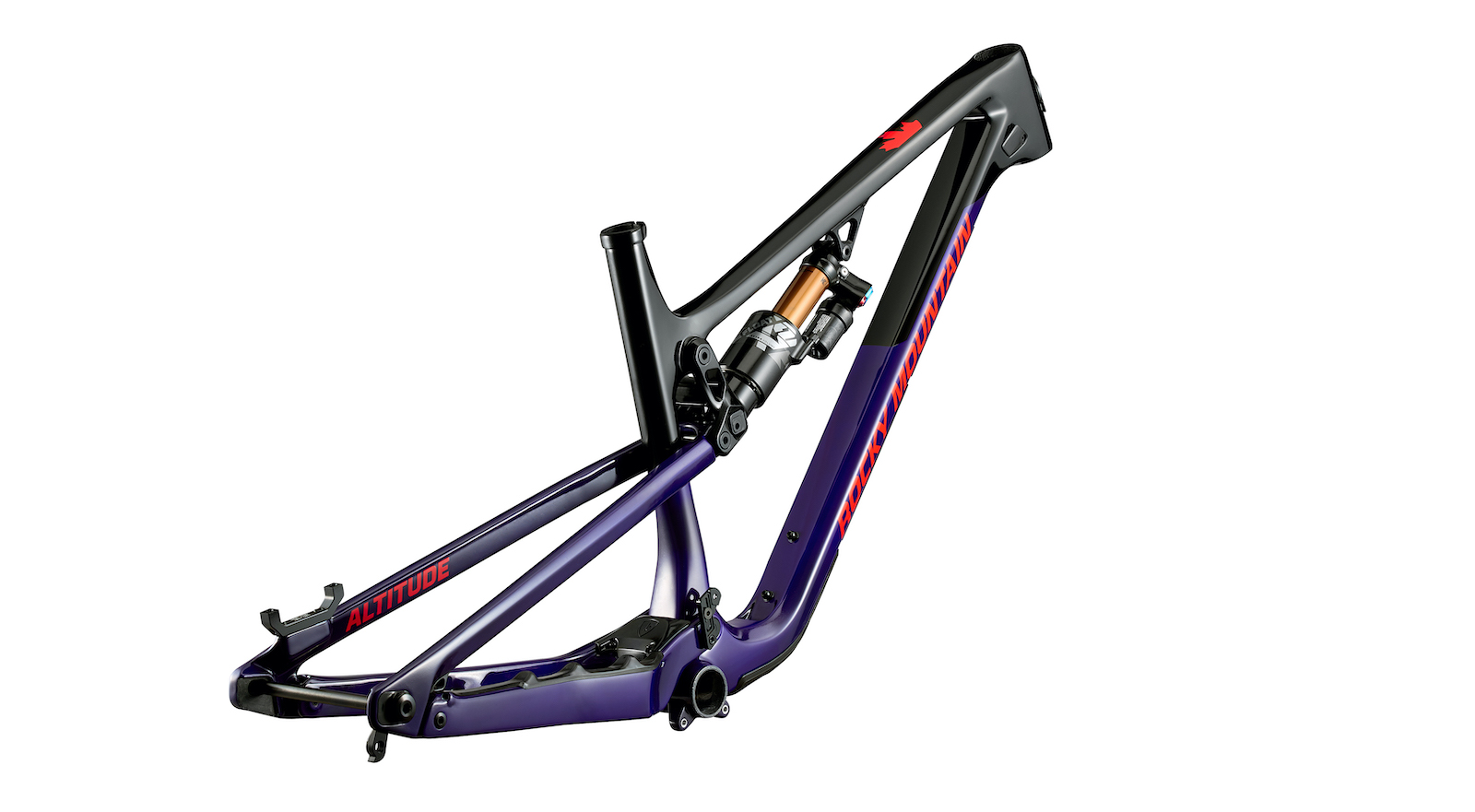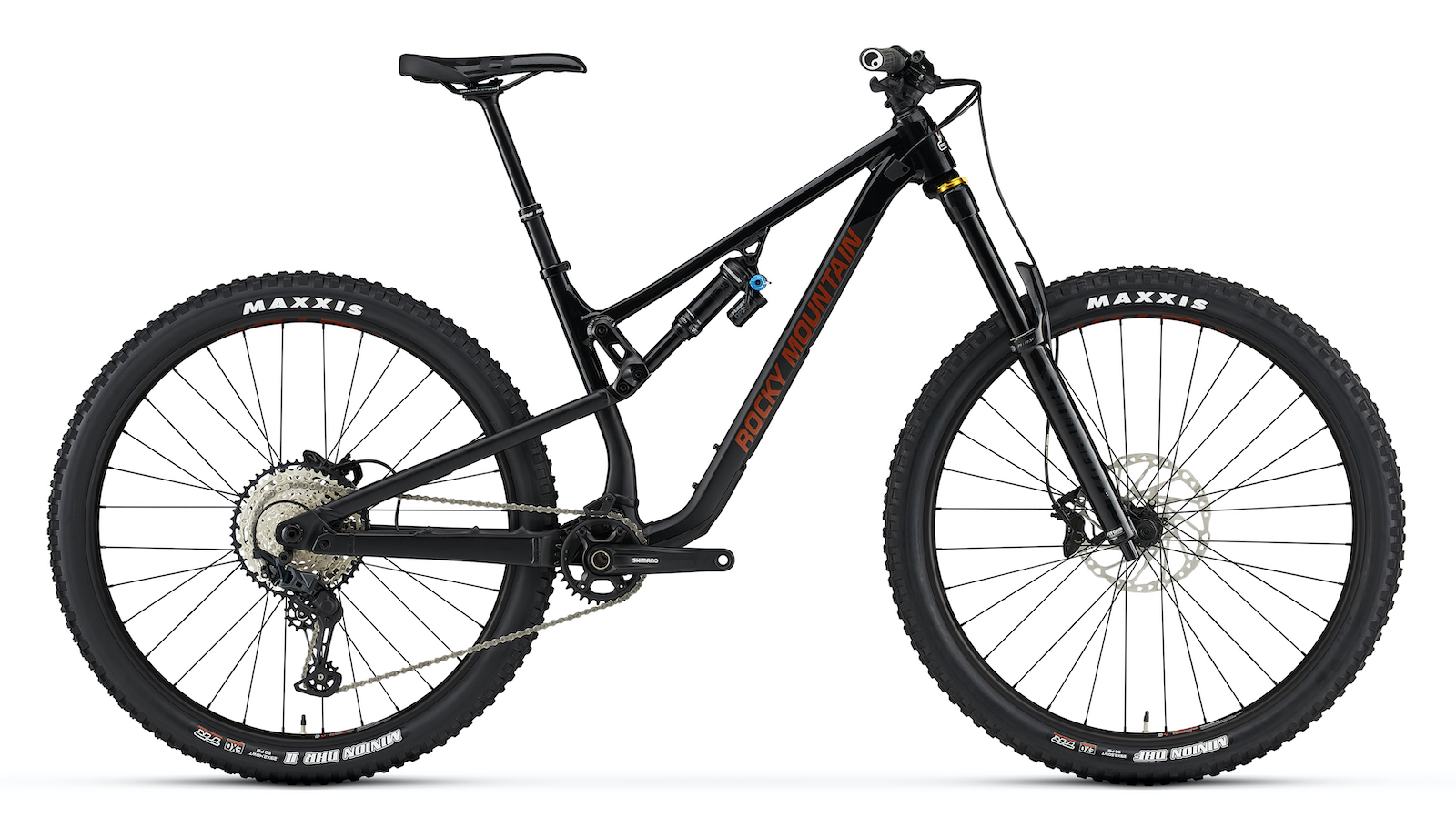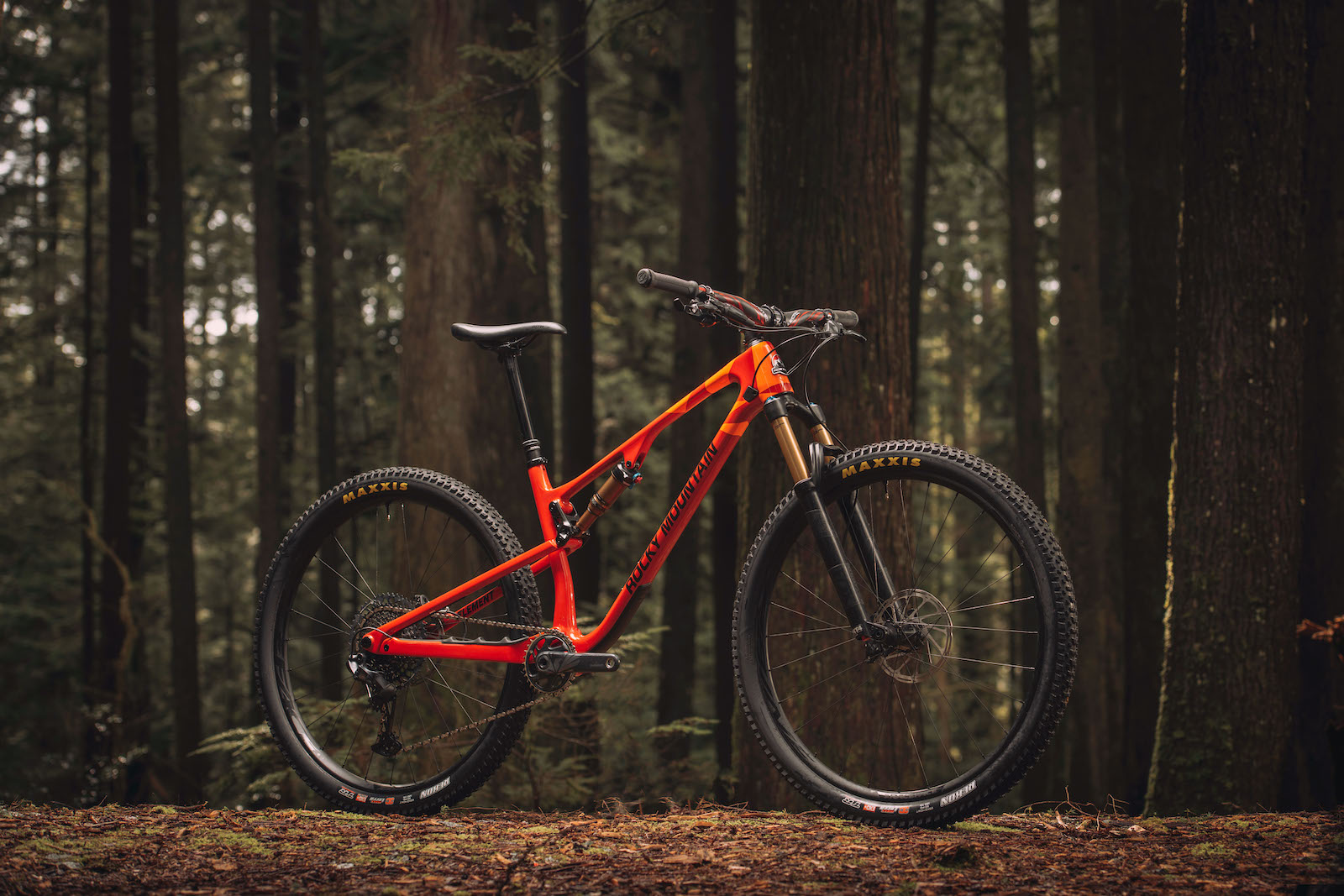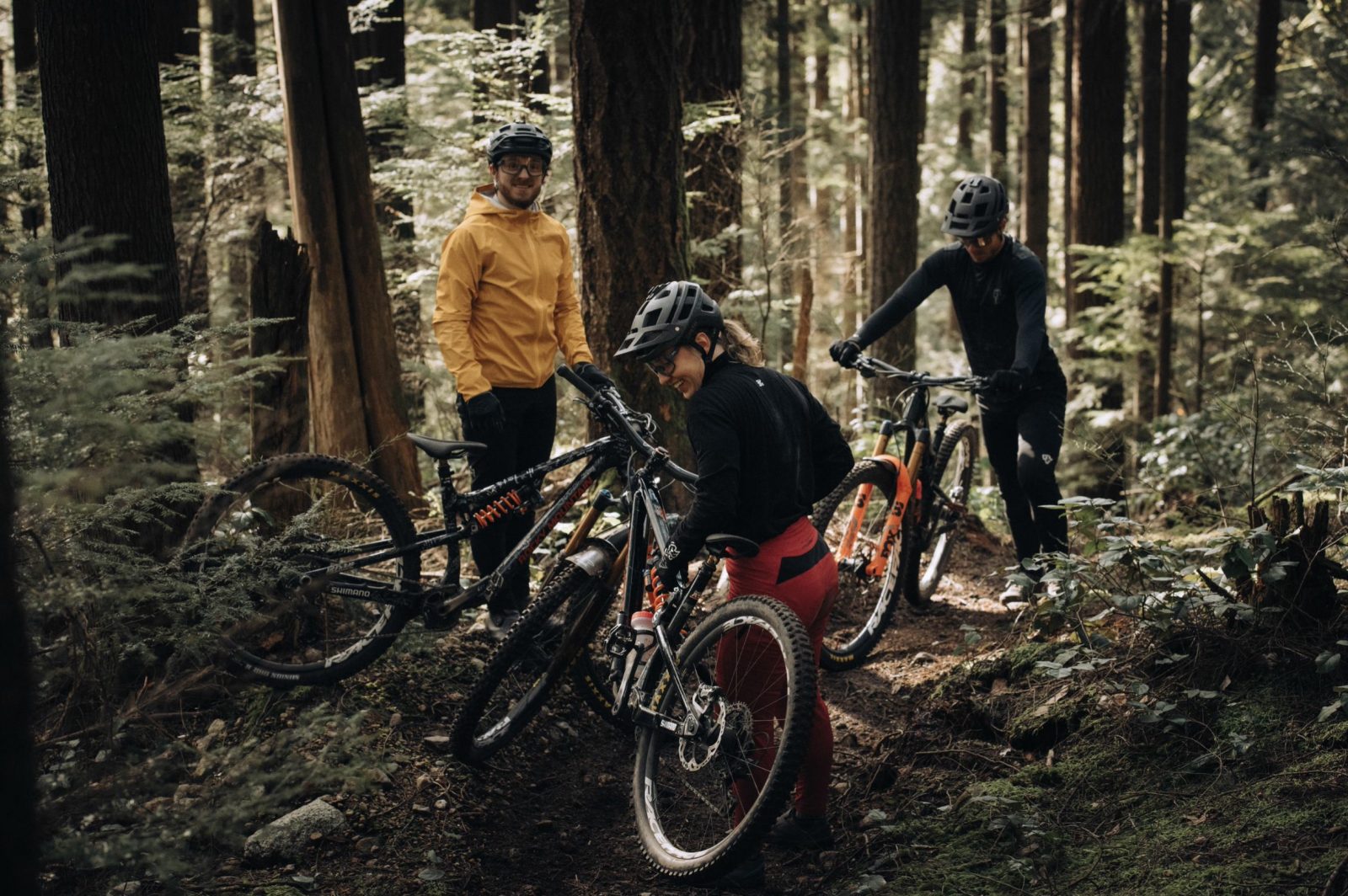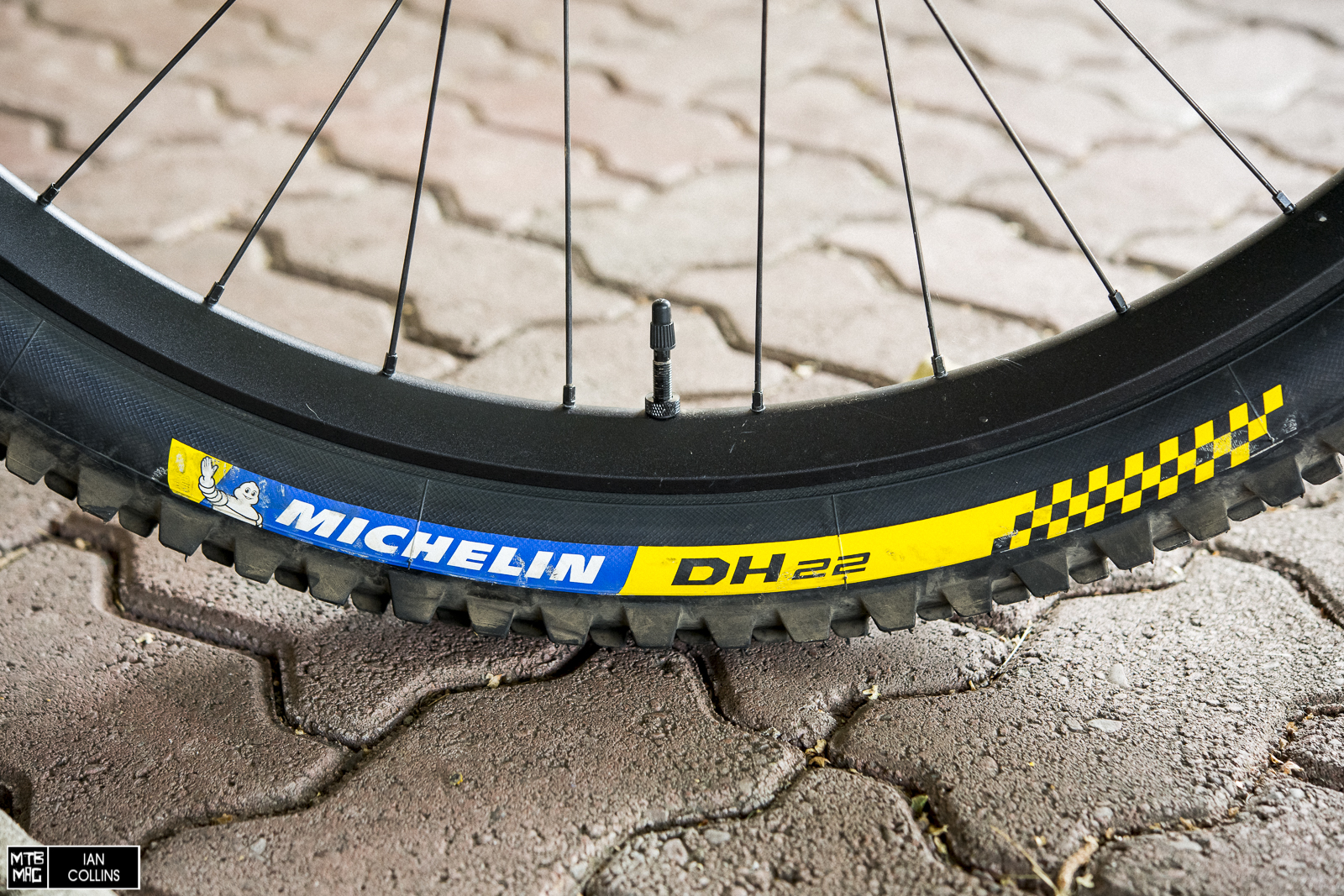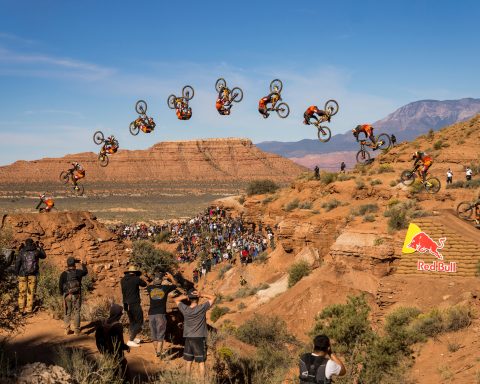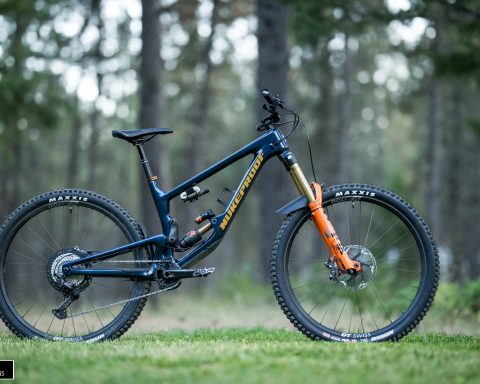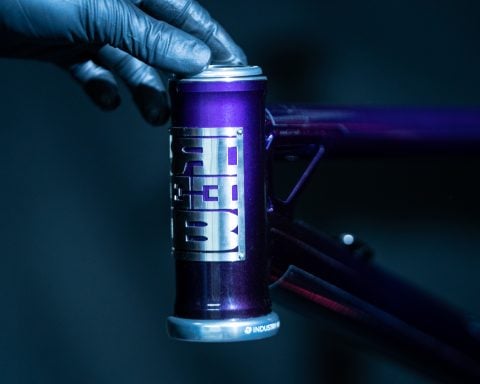
Rocky Mountain just unveiled an all new version of the Altitude. The enduro bike from the iconic Canadian brand has been updated in many respects, in addition to the new 29-inch wheel format and thus simplifies the Rocky Mountain range becoming the main offering from the Vancouver brand for the enduro segment.
The new Altitude is born from a fusion between the previous version and the Instinct BC edition, often preferred by the athletes of the Rocky Mountain Race Face Enduro Team because of the larger wheel size. According to Rocky Mountain, the goal of the work done on the new Altitude is to simplify the range, obtaining a bike that is competitive in racing but also fun for normal amateur use.
The wheel format however has two options on the new Altitude, with a 27.5″ or 29″ format depending on the size. The S has 27.5″ wheels, the L and XL are 29″, while the M is available in both sizes.
The suspension system has also been optimized for each size, with a specific tune of the shock absorbers aimed at obtaining the same behavior on each frame size, which is summarized in well known progressive compression curve approach with initial sensitivity, support in the stroke center and bottom-out resistance.
Speaking of suspension, for both wheel formats the rear travel increases to 160mm and is combined with forks with 170mm of travel and short offset.
The geometry has obviously been revised but Rocky Mountain has not opted for extreme figures, preferring the versatility of the Altitude not only in racing but also in amateur use, as mentioned above.
The details that we can now define as Rocky Mountain’s workhorses remain present, in particular the Ride-9 system that allows you to change the geometry of the bike and / or the behavior of the compression curve.
As regards the geometry, it is also possible to adjust the length of the rear end by +/- 10mm, by means of a flip chip on the rear wheel axle.
The rear end rotates on sealed bearings, with double row of balls in the case of bearings positioned on the Horst joint. The lower connection of the shock absorber also uses ball bearings while the upper one, only on carbon frames, is interchangeable to prepare the frame for any future updates of the kinematics, especially in the racing field.
The passage of the cables is internal and entirely sleeved to facilitate maintenance and eliminate noises coming from inside the frame.
The frame is equipped with dedicated protection under the down tube both in the part near the bottom bracket and in the upper part, to safeguard the frame from debris pickups, chain protection designed to reduce noise, and a fender in the lower part of the rear end, between the rear wheel and the seat of the main pivot.
On the new Altitude we also find a dedicated chain guide, produced by OneUp Components and plenty of space for the bottle cage.
Specs, weights and prices
Altitude Carbon 90 Rally Edition – 10.799 €
29 “- 14.6kg in size M
27.5″ – 14.3kg in size M
Altitude Carbon 70 coil – € 7,599
Altitude Carbon 70 – 7.599 €
29 “- 14.5kg in size M
27.5″ – 14.2kg in size M
Altitude Carbon 50 – € 5,899
Altitude Carbon Frameset – 4.099 €
29 “- 3.4kg in size L
27.5″ – 3.2kg in size M
Altitude Alloy 30 – € 3,999

